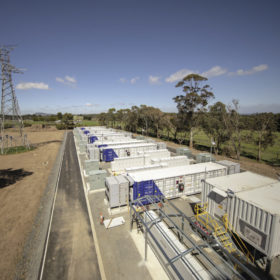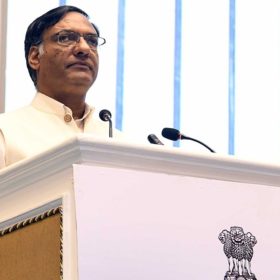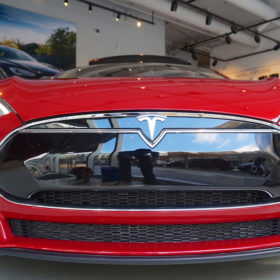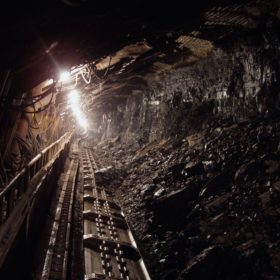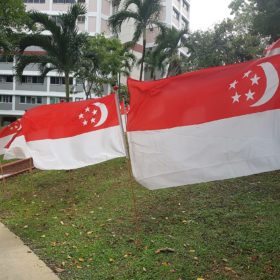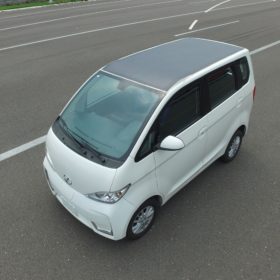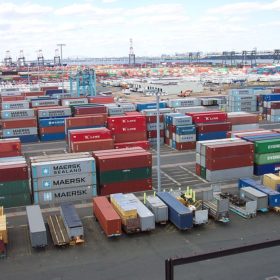Coronavirus could cost Chinese battery makers 26 GWh of output
WoodMac analysts say the amount of new battery manufacturing capacity added in the nation this year could fall by as much as 10% because of the outbreak. With Tesla’s Shanghai gigafactory affected by the extended new-year-holiday shutdown, the analyst warned of potential supply shortages for Australia and the U.S. and U.K.
India’s future energy options all add up to coal, agree the experts
Panellists including a government representative and a member of the chief policy thinktank used by Narendra Modi agreed coal will continue as the staple source of Indian power into the mid century and technology should be employed to ‘clean’ it.
Energy density advances and faster charging would unlock EV revolution
With electric vehicles making up only 3% of the global car market last year, analyst WoodMac says battery packs need to be cheaper and lighter and range anxiety must be addressed to change the habits of drivers.
Rajasthan set to take the solar crown in 2020
Norwegian analyst Rystad Energy has predicted the stop on PV tenders in Karnataka will see Rajasthan become India’s leading solar state this year. The market research firm expects India to add only 10 GW new solar in 2020, however, and the same figure in 2021.
‘India will add 14 GW of solar this year’
The annual global outlook report for solar published by IHS Markit notes there was no real uptick in the amount of new capacity added last year, compared with the returns seen in 2018. That is likely to kill any hope India has of overtaking the U.S. as the world’s second biggest solar market in 2020.
PM’s office reportedly considering waiving carbon tax on coal
As Germany shuttered another of its nuclear power plants on New Year’s Day, Narendra Modi’s office was said to be considering a proposal which would make coal more competitive with renewables in India.
E-waste company opens battery recycling plants in Singapore and France
TES issued a press release announcing the new facilities that is light on detail but claimed the plants would position it as ‘a leader’ in battery recycling. The company also announced an intent to move into the reuse of spent electric vehicle batteries in commercial and residential applications.
Now Europe is pushing domestic battery manufacturing plans
EU industry body EUROBAT has called for the bloc to adopt a battery industrial strategy and has pushed the claims of domestic manufacturers in the same manner as India has, as the race hots up to dominate the global energy storage market.
Hanergy touts solar powered car that can run 30 days without charging
The Chinese thin-film manufacturer and compatriot carmaker Joylong Automobile applied thin film cells to the roof of a small commercial vehicle which was tested for a month. Hanergy says its K-Car could offer an effective daily range of 50-100km without charging.
Trina opens trade show by announcing more than 4 GW of module shipments to India
The Chinese manufacturer claims to be the first company in the nation to supply that volume of solar modules. The news is unlikely to be welcomed by a government desperate to foster its own solar manufacturing sector.

